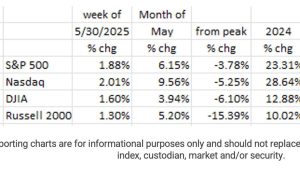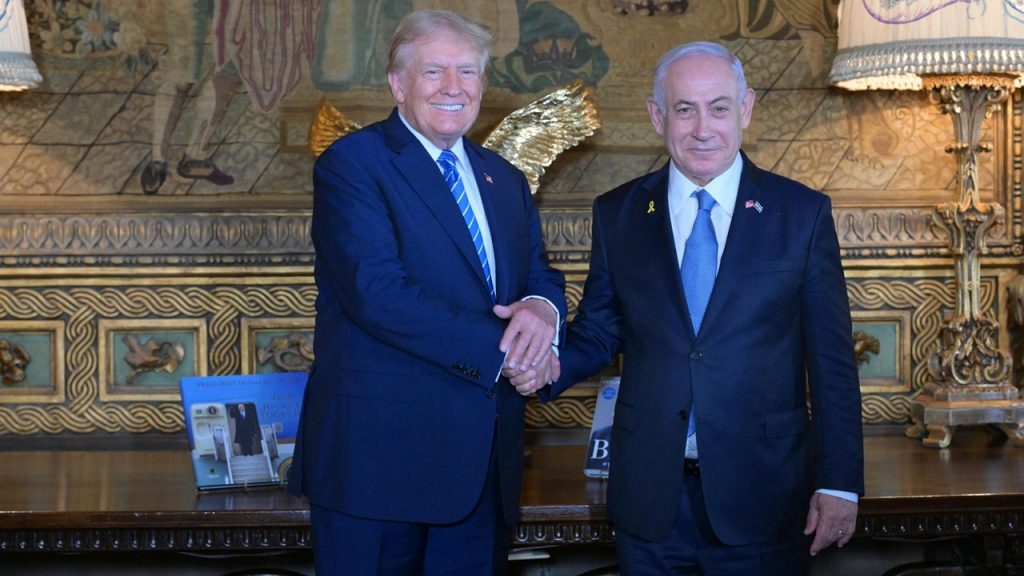Israeli Prime Minister Benjamin Netanyahu expressed support for President-elect Donald Trump’s recent stance regarding the urgent release of hostages held by Hamas. During a cabinet meeting, Netanyahu highlighted that Trump’s emphasis was correctly placed on Hamas rather than the Israeli government, which he noted is a departure from the typical narrative in international discussions. Trump’s statement, made in response to the ongoing hostage crisis following the Hamas attacks on Israel that began on October 7, 2023, stressed the importance of releasing all hostages, including the seven Americans still being held. This attack resulted in the deaths of over 1,200 individuals and the kidnapping of approximately 250 others.
In his statement on Truth Social, Trump criticized the lack of action aimed at securing the release of hostages, stating that while there is considerable talk regarding their plight, tangible measures are missing. He articulated a clear ultimatum, signaling that if the hostages are not freed by the time he takes office on January 20, 2025, there will be significant repercussions for those responsible for these actions. Trump’s message sought to galvanize a sense of urgency and accountability concerning the situation, emphasizing the need for decisive action rather than passive rhetoric regarding the hostages’ welfare.
Netanyahu’s endorsement of Trump’s position reflects a shared objective between the two leaders to maintain pressure on Hamas and its affiliates. Israeli Finance Minister Bezalel Smotrich echoed this sentiment, asserting that the most effective way to secure the release of hostages is by heightening pressure on Hamas and rejecting their demands. He underscored the importance of confronting the group rather than yielding to their conditions. This concerted approach signifies a strategic alignment between Israeli officials and Trump’s administration regarding countering terrorism and the broader implications for regional stability.
The hostage ordeal marks a critical moment in the Israeli-Palestinian conflict, with the humanitarian crisis further complicating the geopolitical landscape. The ongoing violence has escalated tensions not only between Israelis and Palestinians but has also led to international scrutiny regarding the handling of such crises. Trump’s warnings resonate within a larger context of U.S. foreign policy, wherein the administration’s approach toward Hamas and its allies may significantly influence future diplomatic relations and military strategies.
Public concern regarding the plight of the hostages has been palpable, with many calling for more robust action to ensure their safe return. Trump’s declaration served to amplify these concerns, reminding the public and the international community of the urgency surrounding the situation. The potential for further escalation rooted in the hostage crisis raises questions about the effectiveness of current strategies employed to mitigate conflict and protect civilians amidst hostilities.
As the situation continues to evolve, the calls for immediate action against Hamas may escalate. The pragmatic reassessment by both Netanyahu and Trump could signal a shift towards more aggressive posturing in dealing with terrorist organizations. The implications of their statements could lead to greater military engagement or heightened diplomatic efforts to unite international allies against common adversaries. As Donald Trump prepares to assume office, his approach, coupled with Netanyahu’s endorsement, establishes a potentially confrontational path for U.S.-Israeli relations in combating terrorism and securing peace in the region.










